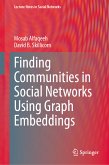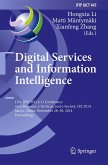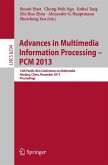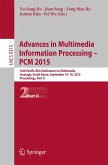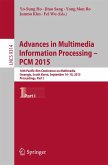In the era of digital economy with highly-connected world, the ability to comprehend social network computing has become an indispensable skill. This book serves as a vital guide for academics and professionals engaged in research within this rapidly expanding field.
The book is organized into three parts, each dedicated to different facets of social network computing. The journey commences with an exploration of foundational principles, encompassing triadic closure, strong and weak ties, network homophily, and positive and negative balance. This lays the groundwork for an in-depth examination of fundamental theories governing social networks. Subsequently, the focus shifts to the laws dictating social networks, elucidating phenomena like the small world effect, power law distribution, community detection, diffusion processes, game theory dynamics, and hypernetworks, also including multiplex networks, multi-mode networks and temporal networks. The final section of the book centers on the practical aspects of social network analysis, delving into topics such as link prediction, influence evaluation, dynamic analysis, random experiments, modeling and simulation, and representation learning. This provides a comprehensive exploration of the applicability of social network analysis in real-world scenarios.
This book seamlessly integrates theory with practice by incorporating popular social network computing software, including igraph, Gephi, Ucinet, and Netlogo. By mastering the computational thinking methods presented in this book, readers will deepen their understanding of social network computing and acquire the skills to effectively apply it in various real-world contexts.
The book is organized into three parts, each dedicated to different facets of social network computing. The journey commences with an exploration of foundational principles, encompassing triadic closure, strong and weak ties, network homophily, and positive and negative balance. This lays the groundwork for an in-depth examination of fundamental theories governing social networks. Subsequently, the focus shifts to the laws dictating social networks, elucidating phenomena like the small world effect, power law distribution, community detection, diffusion processes, game theory dynamics, and hypernetworks, also including multiplex networks, multi-mode networks and temporal networks. The final section of the book centers on the practical aspects of social network analysis, delving into topics such as link prediction, influence evaluation, dynamic analysis, random experiments, modeling and simulation, and representation learning. This provides a comprehensive exploration of the applicability of social network analysis in real-world scenarios.
This book seamlessly integrates theory with practice by incorporating popular social network computing software, including igraph, Gephi, Ucinet, and Netlogo. By mastering the computational thinking methods presented in this book, readers will deepen their understanding of social network computing and acquire the skills to effectively apply it in various real-world contexts.
Dieser Download kann aus rechtlichen Gründen nur mit Rechnungsadresse in A, B, BG, CY, CZ, D, DK, EW, E, FIN, F, GR, HR, H, IRL, I, LT, L, LR, M, NL, PL, P, R, S, SLO, SK ausgeliefert werden.



